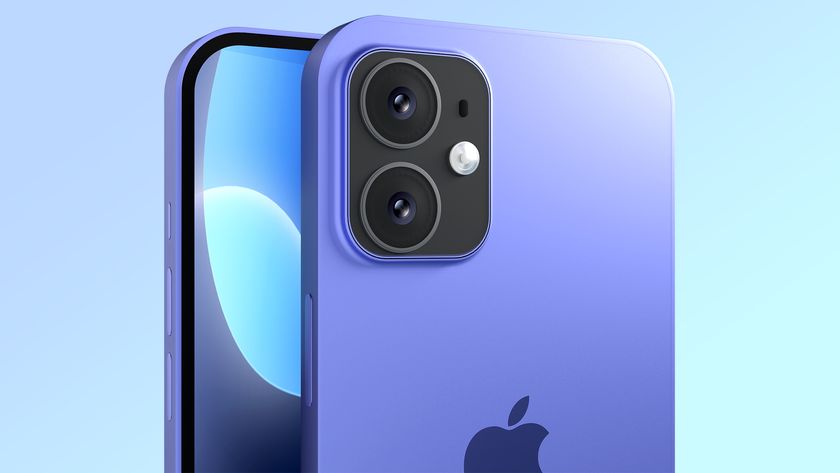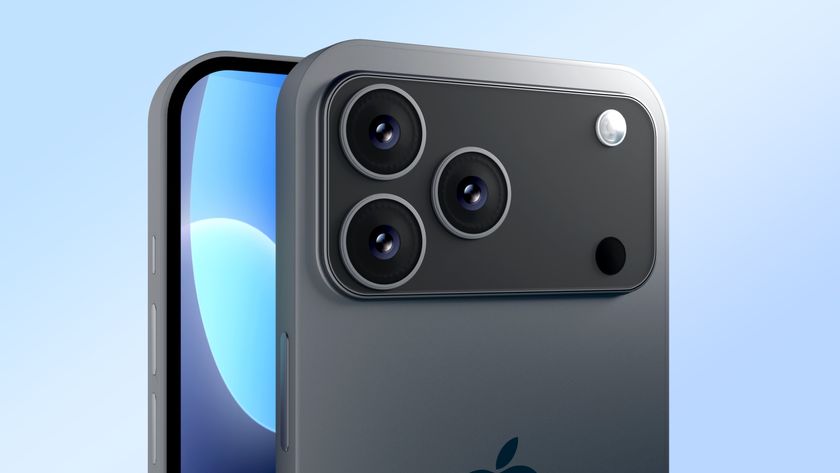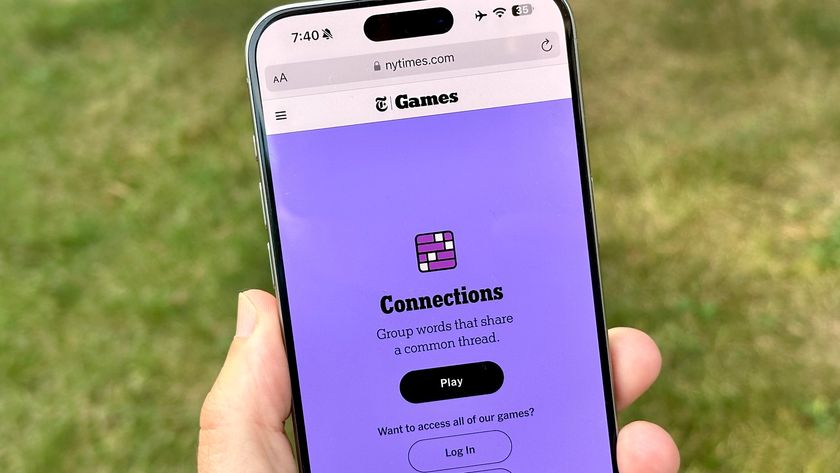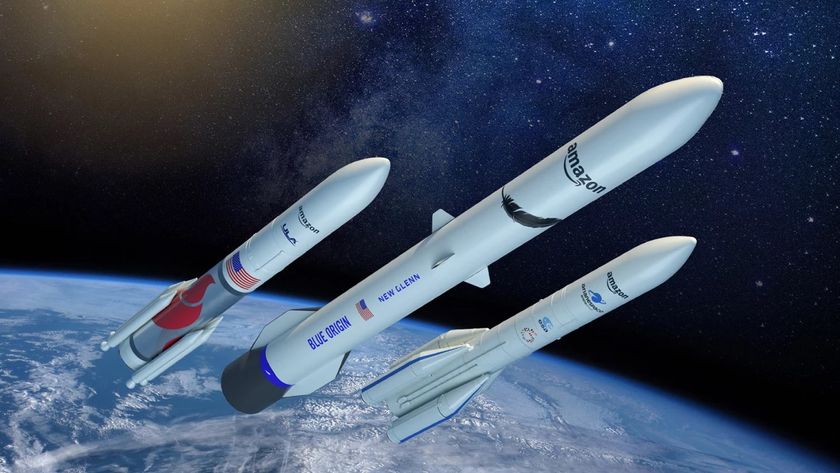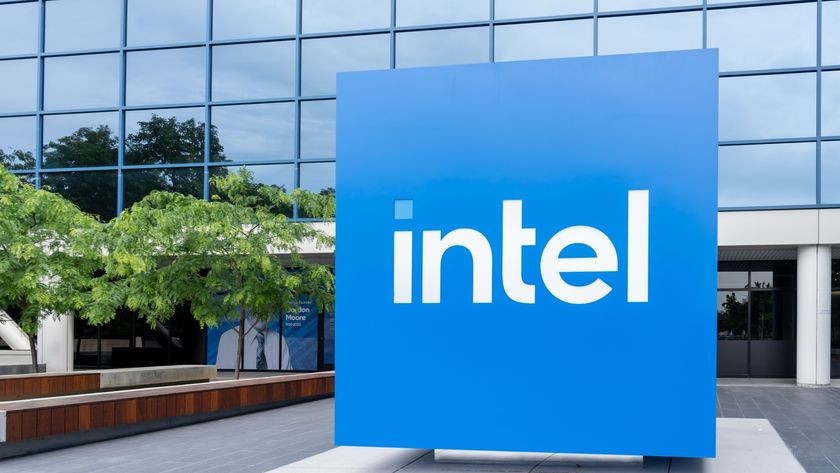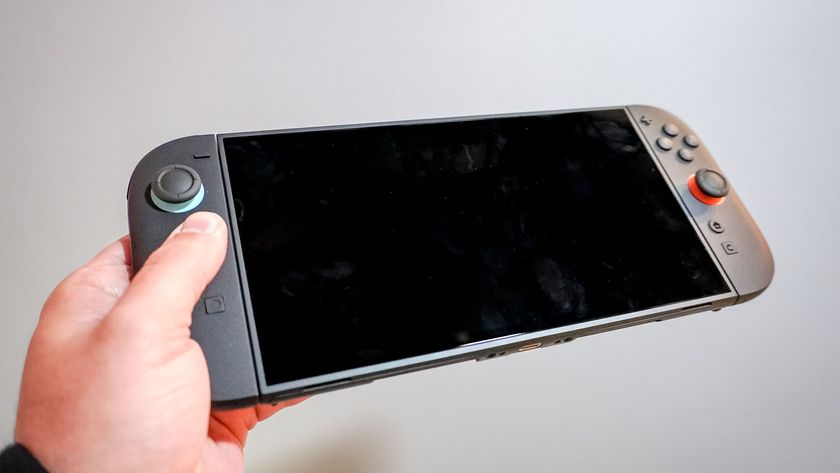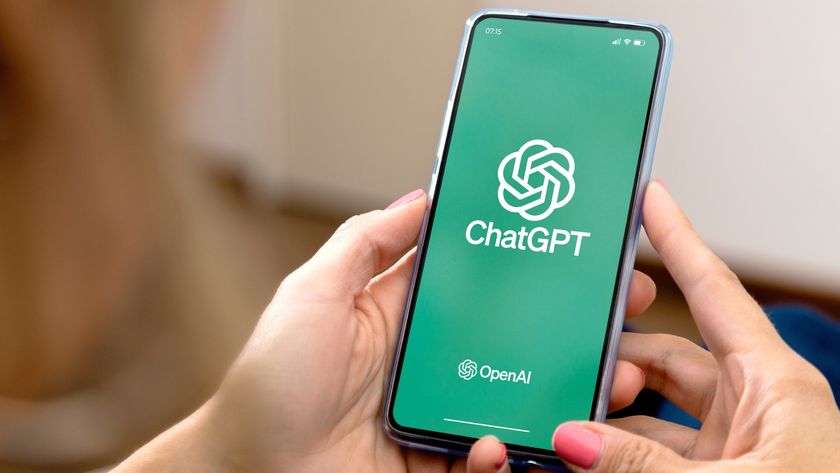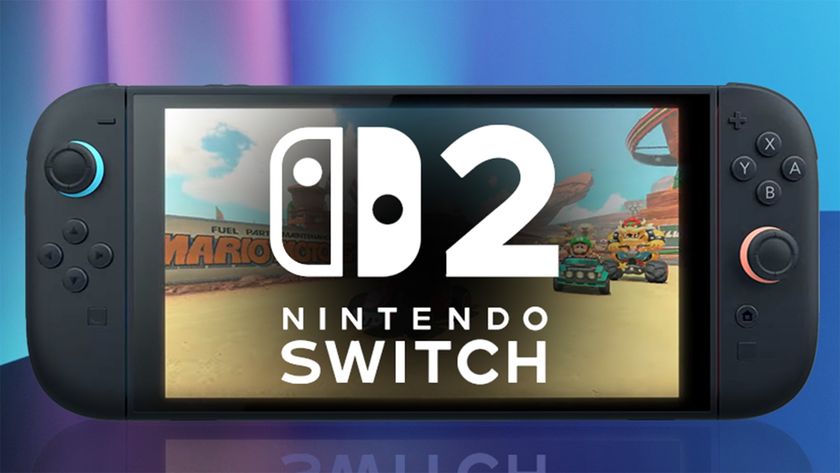iPhone 12 killer feature confirmed — here's what it does
The iPhone 12 Pro's LiDAR scanner should supercharge AR apps and open up new possibilities for photos and videos
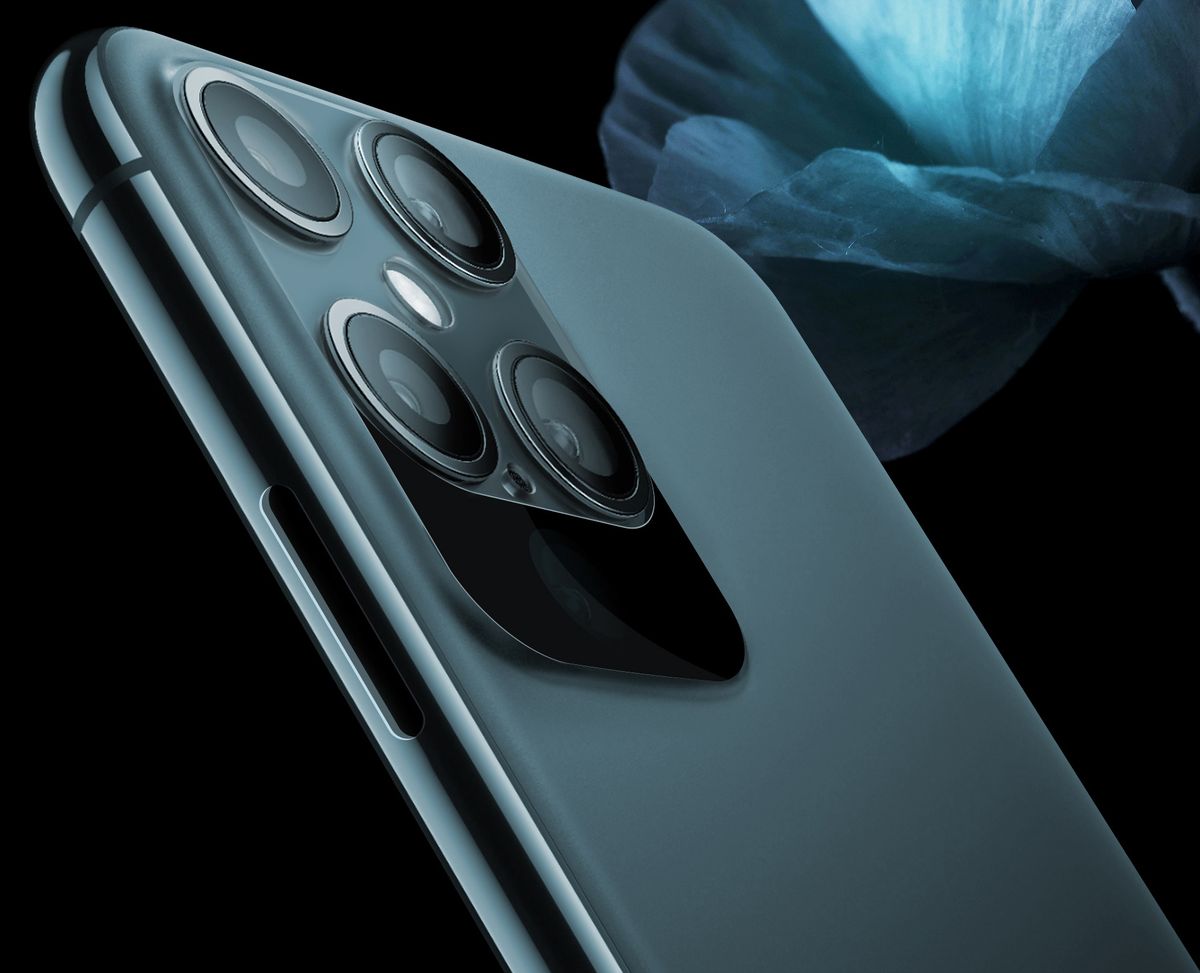
The iPhone 12's new LiDAR scanner has been leaked from what looks like internal design illustrations. The leak may not represent the final phone we actually get, but it's clear that Apple is looking to leverage one of the new iPad Pro's top features on the iPhone this fall.
Twitter user choco_bit made the following post, tagging three popular Apple news sites (including AppleInsider) on this image of a quad-camera module that looks a lot like the one on the back of the iPhone 11 Pro and iPhone 11 Pro Max. The fourth sensor is a LiDAR sensor, which is designed to accurately measure depth and drastically improve performance in AR apps.
- iPhone 12: Release date, price, specs and more
- iPad Pro 12.9 (2020) review
- Plus: iPhone will finally get one of Android's best features with iOS 14
@appleinsider @MacRumors @9to5mac you guys excited about iPhone 12Pro and 12ProMax with Lidar? pic.twitter.com/CQaQcb6hQ5April 5, 2020
Previous rumors, such as those from Ming-Chi Kuo, Fast Company and within the code for iOS 14, have all supported the idea that Apple will be adding a time-of-flight depth sensor on iPhone 12 Pro models.
On the iPad Pro 2020, the LiDAR scanner measures the distance to surrounding objects up to 5 meters away and "operates at the photon level at nano-second speeds." The computer vision algorithms in the iPad Pro's A12Z Bionic processor enables a more detailed understanding of a scene and also drastically reduces the setup time normally required in AR apps.
Presumably, the LiDAR scanner in the iPhone 12 Pro will work hand in hand with Apple's upcoming A14 Bionic chip.
Apple also says that its LiDAR Scanner "opens up more pro workflows and supporting pro photo and video apps," but it will take time for developers to leverage the technology.
Various iPhone 12 renders have illustrated what the final design could look like with the LiDAR scanner, with many putting the rear cameras in a square pattern rather than the current triangle in order to fit the sensors in the roughly the same-sized camera bump.
Sign up to get the BEST of Tom's Guide direct to your inbox.
Get instant access to breaking news, the hottest reviews, great deals and helpful tips.
These designs have taken on additional credibility since Apple launched the latest generation of iPad Pro, which features a LiDAR sensor in a rear camera module design that looks a lot like this one. It would come as little surprise if Apple did reveal another LiDAR sensor on the iPhone 12. But as this is supposedly a leak rather than a rumor or analyst's prediction, this is the best confirmation we've got that Apple could be introducing this feature.
However, this leak isn't all that it seems. While choco_bit has some credibility as an ex-Apple Authorized Service Partner, the image they linked isn't one they've found themselves. As pointed out by Twitter user EverythingApplePro, the image used by the original tweet was first seen a week ago in a ConceptsiPhone Instagram post, but without the watermark.
A photo posted by @conceptsiphone on Mar 28, 2020 at 2:23pm PDT
User DongleBookPro, who claims to work in one of Foxconn's Chinese factories where Apple products are made, then weighed in on EverythingApplePro's post, saying that while this design does match some EVT (engineering validation test) models, there are still two months to go before the design is finalized. This means that while this image may be accurate to the current iPhone 12, and the LiDAR sensor will in all likelihood be appearing on the phone, the version we'll actually get could still look different.
Accurate to some early EVT units, could change as we are still ~2 months out from seeing final deviceApril 6, 2020
We've also heard rumors of other iPhone 12 camera upgrades, including a much larger 64MP main sensor, and the expansion of Night Mode to the ultrawide and telephoto cameras.
Apple reveals its iPhones every fall, usually around September. But the event might be delayed this year if the design isn't finished in time. Or because of potential shortages of stock, there may be a delayed retail launch, much like we saw with the iPhone X. There's nothing definite happening on that front right now, so hopefully Apple can still reveal its next-generation iPhone on time despite the chaos caused by the coronavirus pandemic.

Richard is based in London, covering news, reviews and how-tos for phones, tablets, gaming, and whatever else people need advice on. Following on from his MA in Magazine Journalism at the University of Sheffield, he's also written for WIRED U.K., The Register and Creative Bloq. When not at work, he's likely thinking about how to brew the perfect cup of specialty coffee.
